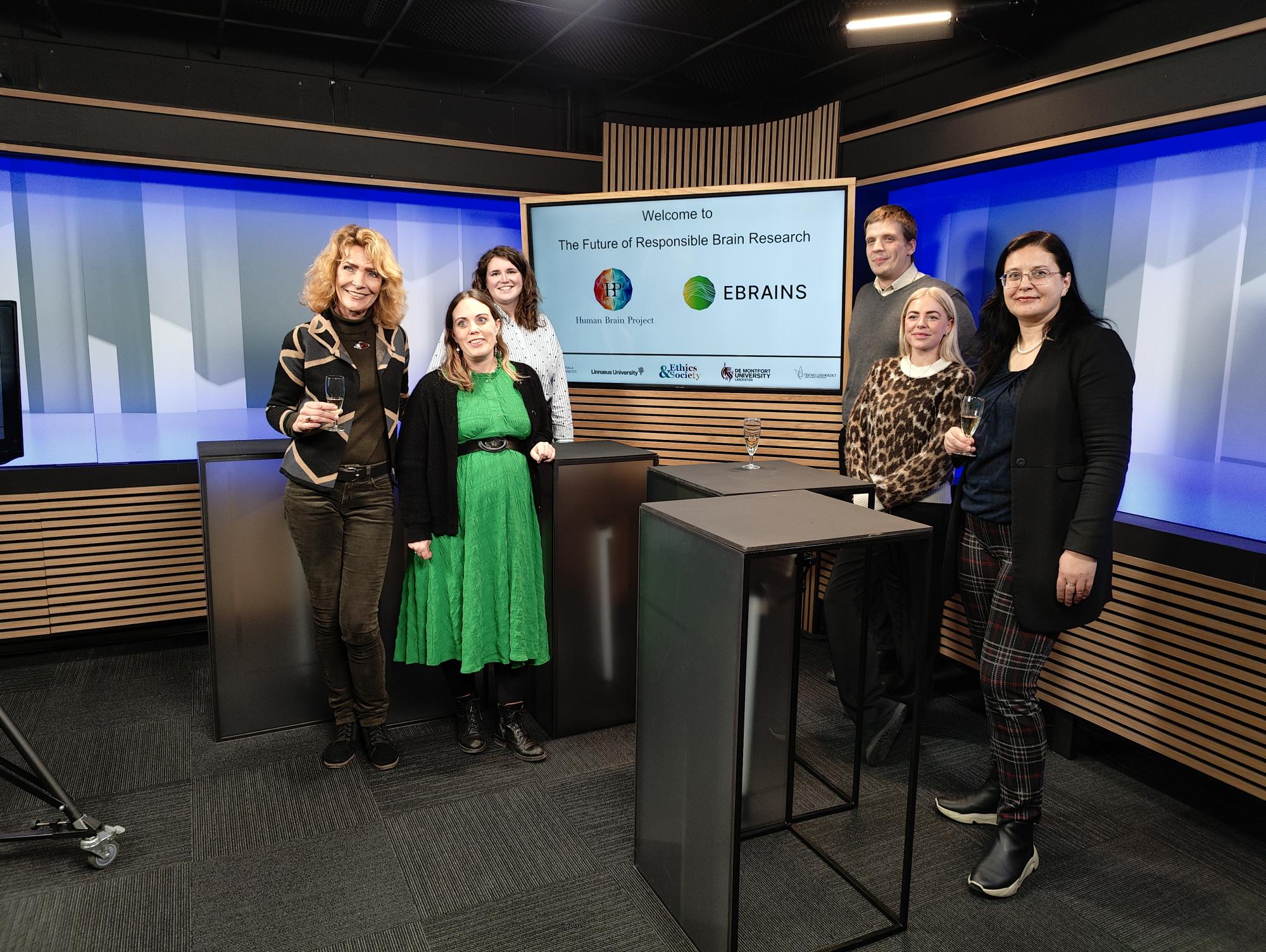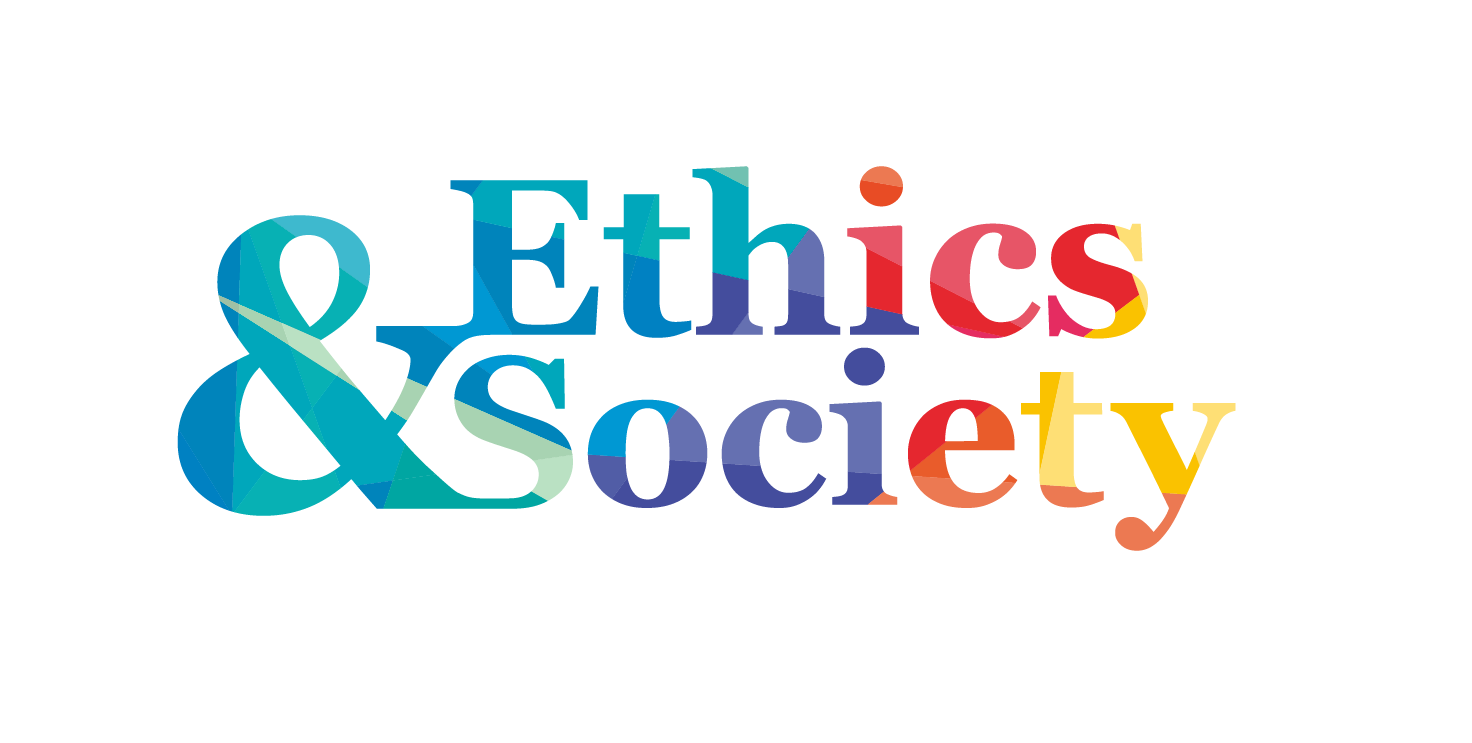Implementing RRI in the HBP: an updated anthology
The Human Brain Project’s (HBP) commitment to ethics and societal values is a distinctive and sustainable approach to brain research, allowing for a broader, more inclusive perspective. To share their work in a sustainable and accessible way, the Ethics & Society team published a series of essays that reflect on their efforts. These contributions aimed…
Responsible and ethically sound knowledge and technology transfer
Knowledge and technology transfer is more than commercialisation. It is one of the key aspects of innovation processes and exploitation of research results. This makes these processes an excellent opportunity to make sure the care taken of ethical and responsible research and innovation practices during research and development also carries on through the continuous innovation…
Recommendations from European Citizens to EBRAINS
To ensure the success of EBRAINS, the research infrastructure that became the product of the Human Brain Project, it is important that the public trusts researcher with their data. In order to do so, it is necessary to engage the public in a conversation about their vision and fears about sharing their data with a…
Emerging ethical issues in research on consciousness
A recent special issue of the American Journal of Bioethics – Neuroscience offers analyses of different ethical issues raised by research on consciousness. Contributions from international scholars in the field address challenges ranging from moral interpretations, technological manipulations, artificial replications, pharmacological alternations and the potential to attribute consciousness to engineered brain cells. The issue is…
The future of Responsible Brain Research
How can we continue to build even more responsible practices of brain research? This was the central question on the Human Brain Project’s (HBP) online conference on February 2nd, 2023. Work on responsible research and innovation (RRI) in the HBP has taken many forms, including Europe-wide citizen engagement, dialogue, engagement and co-creation with stakeholder and…
Curating the legacy of responsible research and innovation in the Human Brain Project
Over the last decade, the Human Brain Project Building has used structured and strategic approaches to embed responsible research and innovation (RRI) practices across the project. The efforts to curate the legacy of this work includes the development an online RRI toolkit. A recent paper explores whether this kind of toolkit can help embed the…
Communicate like the expert you are!
There is a big difference between academic writing and popular science narratives. Communicating about your results and research questions requires a different set of skills, and engaging with media demands that you know why you engage, who you want to inform or influence, where you can find that audience and what is the best way…
Join us to discuss on the future of responsible brain research
What is the future of responsible brain science? How should we advance work on neuroethics, society, and philosophy in research and innovation in the future, practically and conceptually? What is the status of approaches to developing more socially desirable and sustainable science and technology? On February 2, 2023, we invite you to join us online to…
A capacity-building programme for responsible brain research and innovation
Is responsible neuroscience research or innovation something you would like to get better at? Would you like to join other like-minded researchers, scientists and tech innovators to reflect on societal concerns of big neuroscience infrastructure like EBRAINS? Then, the capacity building programme on responsible innovation run by the Responsible Research and Innovation (RRI) team at…
Responsibility key to implementing guidelines for treating disorders of consciousness
A disorder of consciousness is a state where consciousness has been affected by devastating damage to the brain. The diagnosis and health care of patients suffering from these disorders raise several clinical as well as ethical issues. And researchers are still looking for ways to solve them. Recent guidelines, European and American, offer important recommendations…








